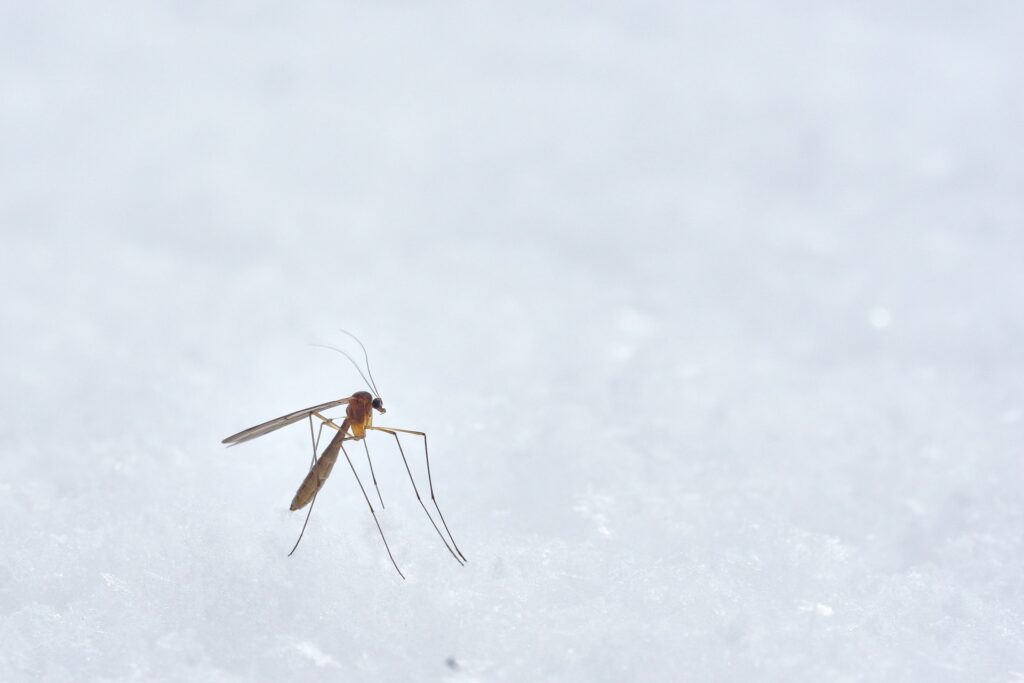Recommended vaccines before Pregnancy: MMR (measles-mumps-rubella) vaccine, Varicella (chickenpox) vaccine and Hepatitis B vaccine.
Even before becoming pregnant, make sure you are up to date on all your vaccines which includes MMR (measles-mumps-rubella), Chickenpox vaccine and Hepatitis B vaccination. This will help protect you and your child from serious diseases.
- Rubella is a contagious disease that can be very dangerous to your baby if you get it while you are pregnant. It can cause a miscarriage or serious birth defects. The best way of preventing this is get MMR vaccination before your pregnancy.
- Hepatitis B is another contagious disease that can transmit to your baby during child birth. A baby who gets infected with the Hepatitis B virus during the first five years of life has a 15% to 25% risk for pre mature death from liver disease, including liver failure or liver cancer in the future. Hepatitis B vaccine is your baby’s “insurance policy” against being infected with the Hepatitis B virus.
- If you get chicken pox during the first or second trimester, there’s a slight risk (less than 2 percent) that your baby could get congenital varicella syndrome. Congenital varicella syndrome is characterized by birth defects, most commonly skin scarring, malformed limbs, an abnormally small head, neurologic problems (like intellectual disability), and vision problems. A baby with congenital varicella syndrome may grow poorly in the womb and suffer from seizures as well as physical and mental developmental disabilities. The infection may also increase the risk of miscarriage or stillbirth.
Thus, if you are not sure if you have been vaccinated for against the above infections, make sure you have a pre-pregnancy blood test to see if you are immune to the disease.
Recommended vaccines during pregnancy: Pertussis (16 to 32nd week of each pregnancy) and Flu vaccine
- Pertussis or Whooping cough can be especially serious for newborn, it can be life-threatening. Around 20 babies die each year in the United States due to whooping cough. Another reason why it is so dangerous in babies is because they may not have any symptoms of cough, making it hard for parents and doctors to know if your baby has whooping cough. It can cause them to stop breathing and turn blue.
Thus pregnant women are recommended to receive Pertussis vaccination or Boostrix (which covers for pertussis, diphtheria and tetanus (Tdap) between the 16th to 32nd weeks of each pregnancy, regardless of the interval since the previous Pertussis vaccination. When you get the whooping cough vaccine during your pregnancy, your body will create protective antibodies and pass some of them to your baby before birth. These antibodies will provide them with some short-term, early protection against whooping cough.
- Flu vaccine is totally safe during pregnancy. During pregnancy, our immune system and lung functions changes making pregnant women more likely to get seriously ill from the flu. Catching the flu also increases your chances for serious problems for your developing baby, including premature labor and delivery. Thus we would recommend flu vaccine especially during pregnancy.
** Singaporean and Permanent Resident are able to use their Medisave to pay for MMR, Hepatitis B and Pertussis (for pregnant women only) vaccines.



